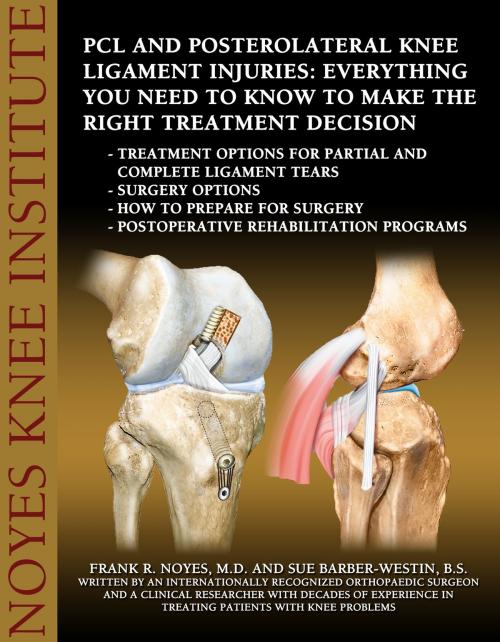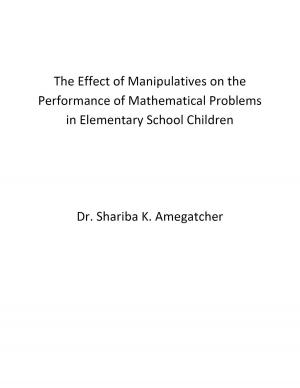PCL and Posterolateral Knee Ligament Injuries: Everything You Need to Know to Make the Right Treatment Decision
Treatment options for partial and complete ligament tears - surgery options - How to prepare for surgery - Postoperative rehabilitation programs
Nonfiction, Health & Well Being, Medical, Specialties, Sports Medicine, Health, Reference, Sports| Author: | Frank R. Noyes, M.D., Sue Barber-Westin, B.S. | ISBN: | 9781626522244 |
| Publisher: | Publish Green | Publication: | May 31, 2013 |
| Imprint: | Language: | English |
| Author: | Frank R. Noyes, M.D., Sue Barber-Westin, B.S. |
| ISBN: | 9781626522244 |
| Publisher: | Publish Green |
| Publication: | May 31, 2013 |
| Imprint: | |
| Language: | English |
Injuries to the posterior cruciate ligament (PCL) and lateral collateral ligament/posterolateral structures (LCL/PLS) of the knee are difficult to treat and in fact often go undiagnosed. These ligament tears may cause pain and instability with squatting, kneeling, going up and down stairs, and rising from a chair. The knee may extend too far backwards (hyperextend) or bow outward, making it painful and unstable. The decision of whether to treat these ligament tears with physical therapy or surgery requires an orthopaedic surgeon who has thorough knowledge of knee anatomy, diagnostic tests, surgical options, and rehabilitation. Two medical professionals have written this eBook to help patients understand these knee injuries. Dr. Frank Noyes, an internationally renowned orthopaedic surgeon, and Sue Barber-Westin, Director of Clinical Research at the Cincinnati SportsMedicine Research Foundation, team up to provide the most current information regarding PCL and LCL/PLS injuries.
Injuries to the posterior cruciate ligament (PCL) and lateral collateral ligament/posterolateral structures (LCL/PLS) of the knee are difficult to treat and in fact often go undiagnosed. These ligament tears may cause pain and instability with squatting, kneeling, going up and down stairs, and rising from a chair. The knee may extend too far backwards (hyperextend) or bow outward, making it painful and unstable. The decision of whether to treat these ligament tears with physical therapy or surgery requires an orthopaedic surgeon who has thorough knowledge of knee anatomy, diagnostic tests, surgical options, and rehabilitation. Two medical professionals have written this eBook to help patients understand these knee injuries. Dr. Frank Noyes, an internationally renowned orthopaedic surgeon, and Sue Barber-Westin, Director of Clinical Research at the Cincinnati SportsMedicine Research Foundation, team up to provide the most current information regarding PCL and LCL/PLS injuries.















